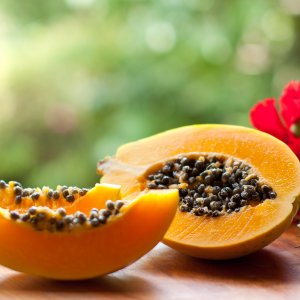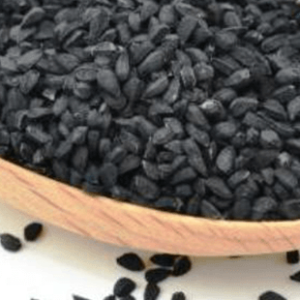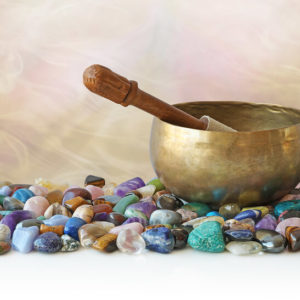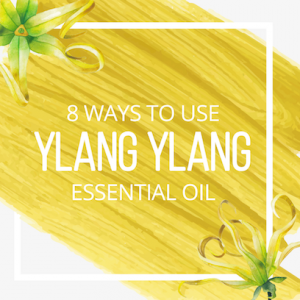So many times, well-meaning people do a bit of research and get carried away extrapolating data to far-fetched conclusions. I believe the CBD vs. copaiba essential oil comparison is one such case. It’s true that CBD and copaiba share some similar chemical constituents. However, it is not true that these similarities mean they have the same properties, behaviors, or side effects. The facts are interesting and shed light on the benefits of both of these natural oils, while clearly explaining the differences as well.
Let’s start with the basics
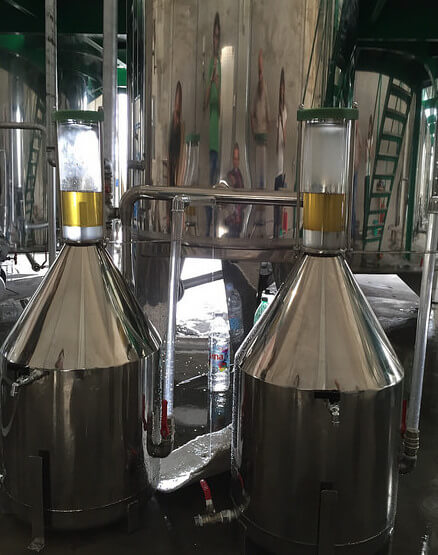
What is an essential oil?
Essential oils are natural, aromatic oils typically obtained by the steam distillation of plant material. Essential oils contain thousands of volatile compounds that evaporate quickly into the air, and the ratio of the molecules imparts the aroma to the oil.
So now that we’ve recapped that, let’s have a look at CBD.
What is CBD?
Cannabidiol (CBD) is a plant oil that is somewhere in between a fatty oil and an essential oil. Unlike true essential oils—which by definition are obtained via steam distillation—CBD must be extracted from the plant using solvents or by vacuum distillation. It is a thick, viscous oil that is not aromatic and therefore does not rise rapidly. CBD is a chemical constituent found in marijuana. Many people claim benefits of using CBD as a natural medicine for ailments such as pain, seizures, and anxiety.
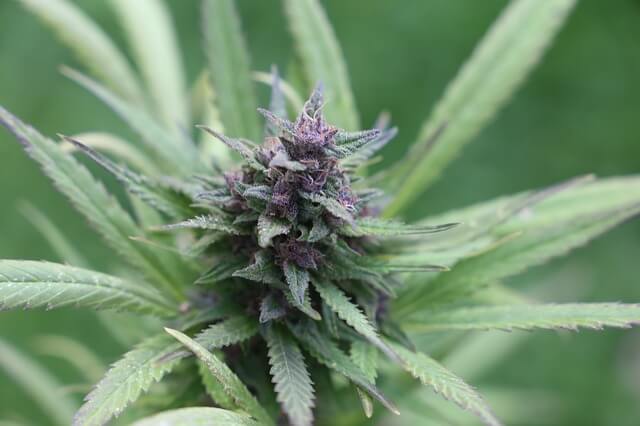
Can CBD get you high?
Tetrahydrocannabinol (THC) and cannabidiol (CBD) are the two primary cannabinoids that occur naturally in the Cannabis sativa plant, most commonly known as cannabis. Both CBD and THC interact with the cannabinoid receptors in the brain, but their effects are different.
In the brain, the CBD-2 receptor is where the beneficial effects of pain mitigation, relaxation, and anti-nausea arise. On the other hand, the CBD-1 receptor is where the psychotropic changes of elation, sensory distortion, altered sense of time, and laughter may arise.
THC engages both the CBD-1 and CBD-2 receptor and can therefore produce both psychotropic effects and the medicinal effects. CBD is different from THC because it has a weak affinity for the CBD-1 and CBD-2 receptor, and instead is a mild antagonist at the receptor. This means CBD is non-psychoactive and will not get the user high. Because of this, CBD appears more frequently in dietary and natural supplements than does THC. It may provide the beneficial effects of marijuana without the psychotropic effects.
The comparison
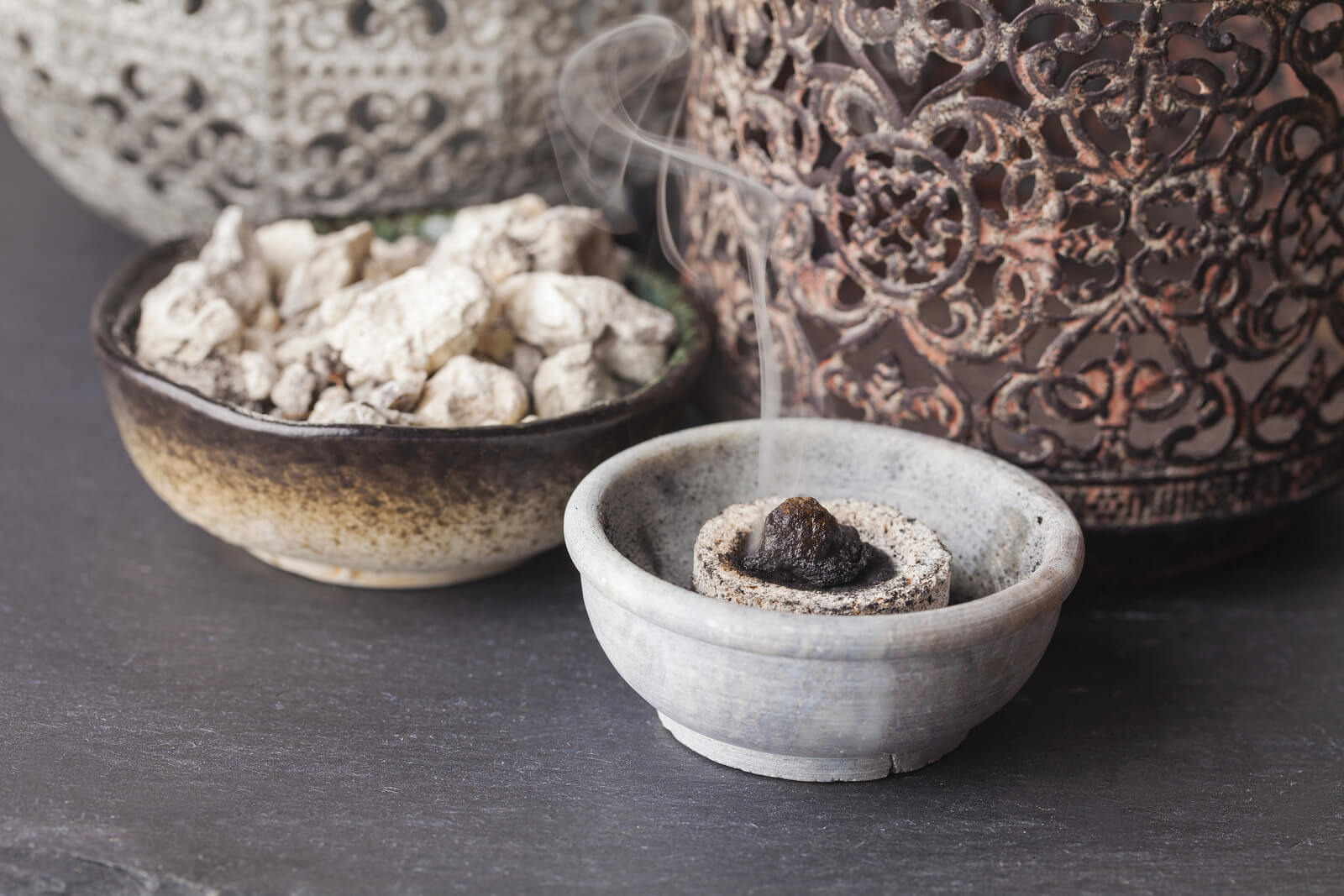
Unlike CBD, copaiba is a true essential oil steam distilled from the resin of the Copaifera officinalis tree. Many blogs have described copaiba essential oil as very similar to—or even the same as—CBD oil. In truth, there are some commonalities.
Both of these plant oils contain the chemical constituent beta-caryophyllene (BC). BC is one of more than 30,000 different terpenes found in nature. Both CBD and BC lend aroma and flavor to their respective plants, and there is some evidence that BC brings benefits. But BC is also found in ylang ylang, black pepper, oregano, clove, lavender, basil and many other essential oils. The conclusion that CBD and copaiba essential oil have the same benefits because of this single chemical constituent is incorrect.

Think of it this way. You use eggs, flour, butter, and a handful of other ingredients to make cookies. Likewise, those ingredients are all used to bake a loaf of bread. Saying that because they have similar ingredients means they should look, taste, and feel the same is ludicrous. The same is true with the complex chemical make-up of natural plant extracts and oils. Having similar constituents simply does not make them work the same way. Not only that, but the other compounds in the oils make a difference as well. Each compound behaves differently based on its companions. That’s how chemistry works.
This is not to imply that there are no benefits of BC in a wide variety of forms. In fact, research does show promising evidence that it is effective for pain relief, as a wound salve, to prevent oxidative stress, and as an antimicrobial. It is simply important to not extend evidence from CBD to copaiba essential oil.
Copaiba Essential Oil
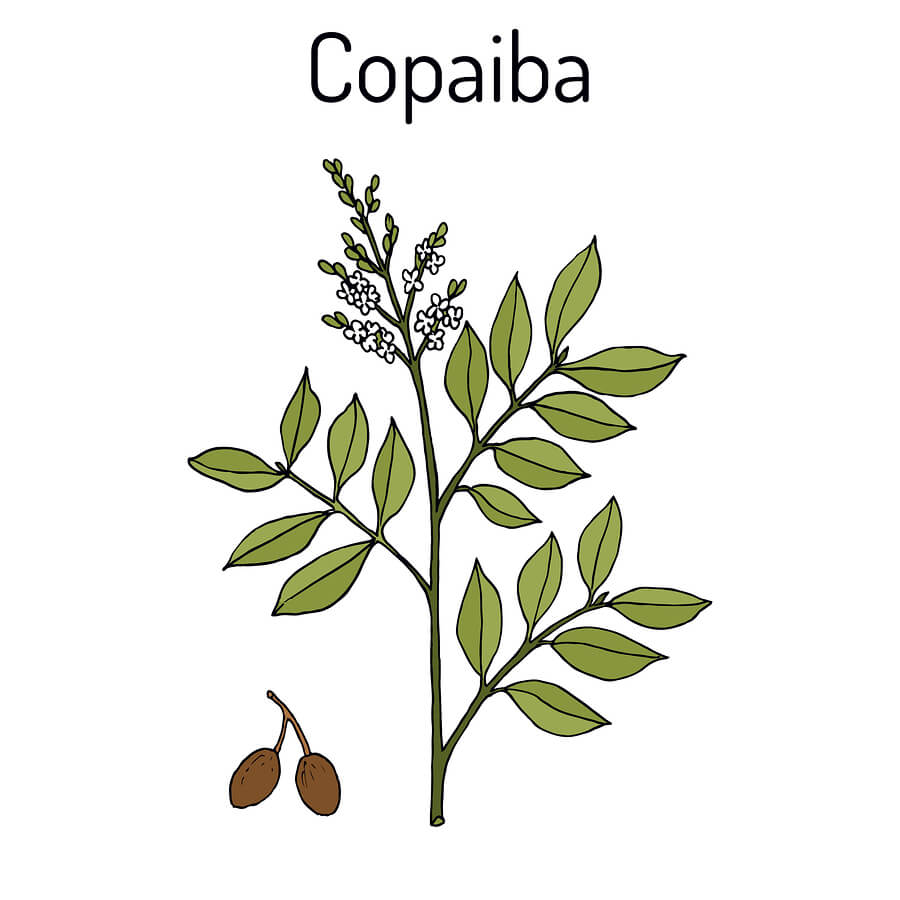
Now that we have that all cleared up, let’s take a look at 5 benefits of copaiba essential oil.
- Eases muscles within the respiratory system
- Supports the kidneys and helps flush excess fluid
- Thins mucous
- Therapeutic and softening to the skin
- Protects the liver
How do you weigh in?
What are your thoughts on the CBD vs. Copaiba debate?
Check out this post for a DIY Boo Boo Balm with Copaiba essential oil.
If you are looking for even more research-based, unbiased, hype-free health and wellness education, then come on and check out !




